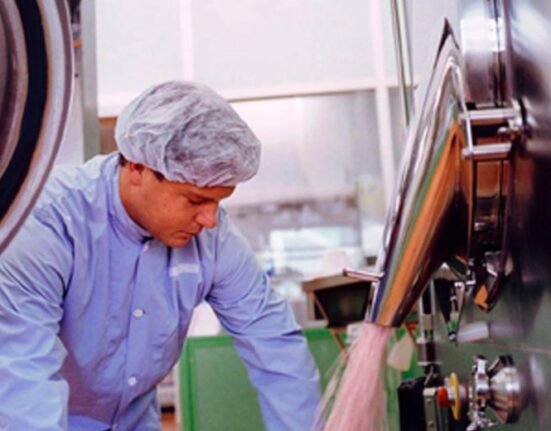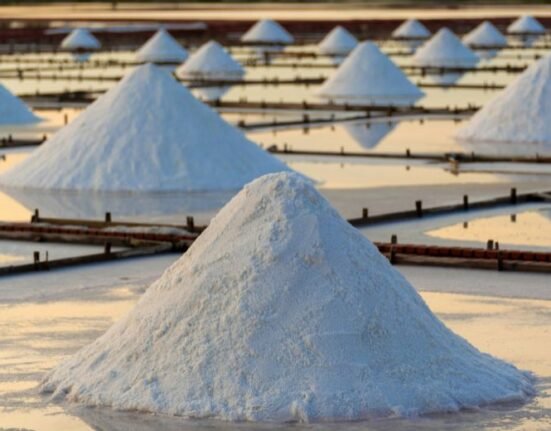HQ Team
June 25, 2024: Fifty-three nations have adopted best practice policies to eliminate trans fats in foods — benefitting 46% of the world’s population, or about 3.7 billion people, according to the UN.
The World Health Organization, in its fifth milestone report for the period 2018-2023, stated that “this is significant progress as compared to just 6% coverage, or less than half a billion people, in 2018.”
The destruction of trans fats in the 53 nations could help save about 183,000 lives a year.
While WHO’s ambitious target set by WHO in 2018 to fully eliminate trans fat from the global food supply by the end of 2023 has not been fully met, there has been remarkable progress made towards this goal in every region globally.
Egypt, Mexico, Nigeria
In 2023 alone, new best practice policies became effective in seven countries — Egypt, Mexico, Nigeria, North Macedonia, Philippines, the Republic of Moldova and Ukraine.
In January 2024 WHO certified five countries for validating progress in eliminating industrially produced trans fat — Denmark, Lithuania, Poland, Saudi Arabia and Thailand.
Progress has been uneven, and more than four billion people remain unprotected from this toxic chemical globally with the highest remaining burden concentrated in the WHO African and Western Pacific Regions, according to a statement from the global health agency.
Fried foods, biscuits
Trans fats, or trans-fatty acids, are unsaturated fatty acids that come from either industrial or natural sources. More than 278,000 deaths each year globally can be attributed to the intake of industrially produced trans fat.
Trans fat clogs arteries, increasing the risk of heart attacks and death. Industrially produced trans fat can be found in margarine, vegetable shortening, fried foods, and baked goods such as crackers, biscuits and pies.
Baked and fried street and restaurant foods often contain industrially produced trans fat. Trans fat can also be found naturally in meat and dairy foods from ruminant animals such as cows, sheep and goats. Both industrially produced and naturally occurring trans fats are equally harmful.
Implementing best practice policies in just eight additional countries would eliminate 90% of the global deaths associated with this harmful ingredient.
‘Life-saving’
“Beyond passing WHO-recommended best practice trans fat policies, ensuring that compliance with these policies is monitored and enforced will be critical to achieving maximised and sustained health benefits of trans fat elimination,” said Dr Francesco Branca, Director of the Department of Nutrition and Food Safety at WHO.
“Trans fat elimination is attainable, affordable and life-saving, and WHO remains committed to supporting Member States in their journeys towards this goal.”
In its report, the WHO called on food manufacturers with a high proportion of fats and oils to comply with regulations to increase the use of healthier, alternative fats. “Even where regulations are not yet in place, companies should seek to eliminate trans fat in product lines and supply chains.”








